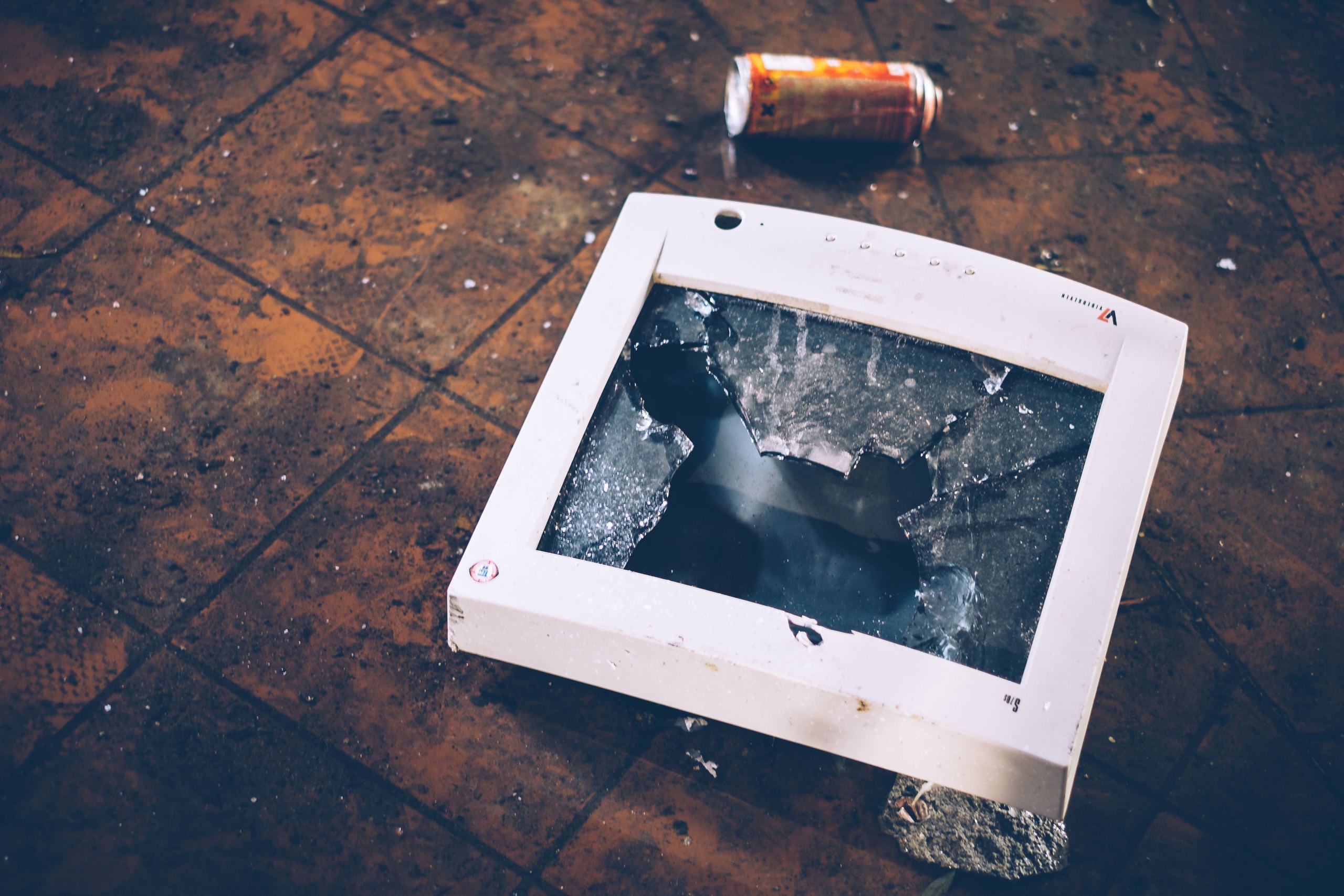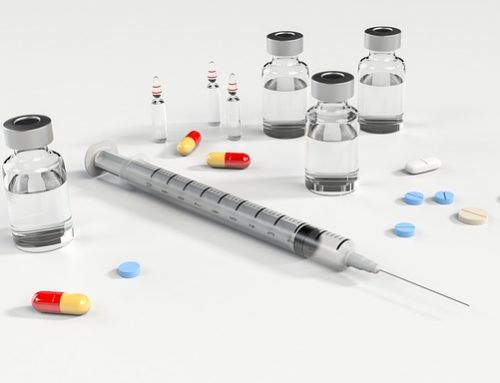In Tennessee, you can hold manufacturers accountable if they release defective or unreasonably dangerous products. In some cases, you could also pursue damages from the designer, the components manufacturer, the wholesaler, any assemblers you hired, and the store that sold you the product.
Strengthening your case means taking the right steps directly after your injury. Here’s what you need to do.
Seek medical attention.
This should always be your first concern. Get medical care right away.
Preserve records of your visit, including the paperwork you receive at discharge which describes your condition and what the doctors did to treat it. Follow all of your doctor’s recommendations at all times.
Determine whether the product was defective in the first place.
Getting hurt by a product isn’t enough to create a product liability case. If you failed to follow clearly written product directions or heed clearly posted product warnings, for example, then your injury is a product of your negligence, not the manufacturer’s. The same is true if you used your product for a purpose other than the one it was intended for.
You may also invalidate any defective product claim if you altered or modified the product in any way. At that point, it would be difficult to say whether the product had a defect or whether the injury occurred as a result of modifications the product was never meant to bear.
Once you have determined that you were using the product correctly you will need more expert help to determine if you have a case.
Keep the defective product.
The defective product is a vital piece of evidence in your case. Failing to maintain the product could vastly weaken your case. For example, in the 2007 case Cincinnati Insurance Co. v. Mid-South Drillers Supply, Inc., the Tennessee Court of Appeals ruled in favor of the defendants because the defective hose that caused the plaintiff’s injury was missing, and had been in the plaintiff’s possession when it went missing.
“The destruction of the blue hose, whether advertent or inadvertent, made it extremely difficult, if not impossible, for the defendants to present an effective defense to counter the plaintiff’s theory of the cause of the fire.”
In the 2015 case Lea Ann Tatham v. Bridgestone Americas Holding, Inc.,, the Tennessee Supreme Court explicitly confirmed that evidence does not need to be explicitly spoiled for the court to impose sanctions, up to and including dismissal of the case. Thus, you should carefully preserve this evidence, and make it available to your lawyer when you start your case.
Find your copy of the warranty.
If the product had a warranty this, too, can serve as an important piece of evidence. Some warranties make representations about the product which could be salient to the case.
The warranty can, for example, show what the manufacturer’s own standards for their product are supposed to be, making it easier for your lawyer to demonstrate that the product did not live up to those standards.
Find copies of all of your other product paperwork.
Be ready to produce the product package and instructions. If anything else arrived with the product, be ready to produce these items as well.
Hire a products liability attorney.
Products liability cases are complex legal matters. You won’t be able to settle your claim on your own.
Instead, call us for a consultation. We can help you recover the damages you’ll need to recover from your accident or injury.
See also:
4 Things that Can Cause a Judge to Dismiss a Personal Injury Case
What You Need to Know About Punitive Damages






